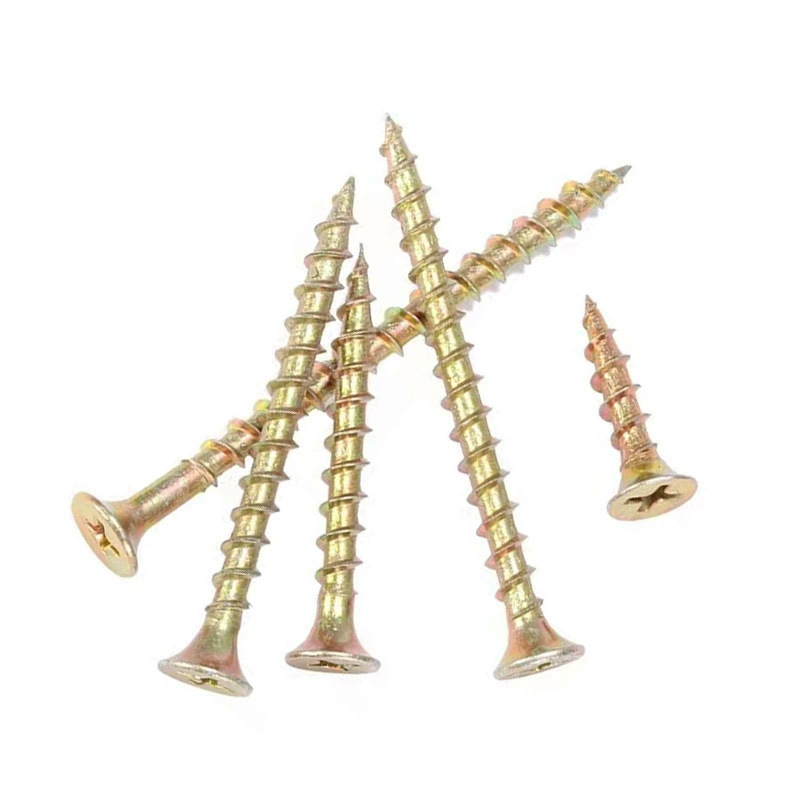

Understanding HT Stud Bolt Applications and Benefits for Effective Engineering Solutions
авг. . 19, 2024 16:26 Back to list
Understanding HT Stud Bolt Applications and Benefits for Effective Engineering Solutions
Understanding HT Stud Bolts A Comprehensive Overview
HT stud bolts, or high-tensile stud bolts, are crucial components in mechanical and structural applications that demand exceptional strength and reliability. These bolts serve as a critical interface to connect various machinery and structural components, facilitating the effective transfer of loads in demanding environments. In this article, we will explore the significance of HT stud bolts, their specifications, applications, and best practices for selection and installation.
What Are HT Stud Bolts?
HT stud bolts are specifically designed to withstand high tension loads, making them suitable for use in heavy-duty applications. Typically made from high-strength alloy steel, these bolts are produced to meet stringent standards, ensuring that they can handle significant stress without failure. HT stud bolts are commonly end-threaded, providing a robust gripping surface that enhances their performance in various assemblies.
Specifications and Standards
HT stud bolts conform to international quality standards such as ASTM (American Society for Testing and Materials), SAE (Society of Automotive Engineers), and DIN (Deutsches Institut für Normung). Common grades of high-tensile studs include ASTM A325, A490, and similar specifications, which dictate the mechanical properties, such as yield strength, tensile strength, and ductility.
These standards ensure that the bolts are manufactured with precise dimensions and tolerances, which is critical for ensuring compatibility and performance in their applications. The mechanical properties of HT stud bolts typically include
- Tensile Strength This is the maximum amount of tensile (pulling) stress that a bolt can withstand before failure. High tensile strength is essential for applications subjected to dynamic loads. - Yield Strength This is the stress at which a material begins to deform plastically. For HT stud bolts, a higher yield strength indicates a more robust fastening solution. - Ductility The ability of the material to deform before breaking. Higher ductility is advantageous as it allows the bolt to absorb energy during stress conditions.
Applications
HT stud bolts find applications across various industries, including
ht stud bolt

1. Construction In the construction sector, HT stud bolts are frequently used in large structures, such as bridges, skyscrapers, and industrial facilities, where load-bearing capacity is critical.
2. Oil and Gas These bolts are utilized in equipment that operates under high pressure and temperature, making them essential in pipelines, pumps, and drilling rigs.
3. Automotive In the automotive industry, HT stud bolts play a vital role in engine assembly and when joining critical components that require high strength to ensure safety and performance.
4. Aerospace The aerospace sector relies on HT stud bolts due to their lightweight properties combined with high strength, essential for aircraft structures and components.
Best Practices for Selection and Installation
When selecting HT stud bolts, it’s essential to consider the specific requirements of the application, including load conditions, environmental factors, and compatibility with other materials. Additionally, when installing these bolts, it’s critical to follow best practices
- Preloading Proper preloading ensures that the bolts provide the desired clamping force. This is typically achieved through torqueing, which must be performed according to engineering specifications. - Corrosion Protection For applications in corrosive environments, using galvanization or other protective coatings can extend the lifespan of HT stud bolts. - Regular Inspections Periodic inspections help to identify signs of wear or fatigue, allowing for timely maintenance or replacement.
Conclusion
HT stud bolts are indispensable components in various high-stress applications, ensuring the strength and resilience needed for today’s engineering challenges. By understanding their specifications, applications, and best practices, engineers and manufacturers can effectively utilize these fasteners, contributing to the safety and reliability of their projects. Ultimately, the choice of high-tensile stud bolts can significantly impact the performance and longevity of mechanical assemblies, reaffirming their critical role in modern engineering.
Latest news
-
Premium Fasteners Manufacturer | AI-Driven Solutions
NewsAug.01,2025
-
Hot Dip Galvanized Bolts - Hebei Longze | High Strength, Corrosion Resistance
NewsAug.01,2025
-
High-Strength Hot Dip Galvanized Bolts - LongZe | Corrosion Resistance, Custom Sizes
NewsAug.01,2025
-
Best Self Tapping Screws for Drywall - Fast & Secure Installation
NewsJul.31,2025
-
High-Strength Hot Dip Galvanized Bolts-Hebei Longze|Corrosion Resistance&Customization
NewsJul.31,2025
-
Hot Dip Galvanized Bolts-Hebei Longze Metal Products|Corrosion Resistance&High Strength
NewsJul.31,2025

